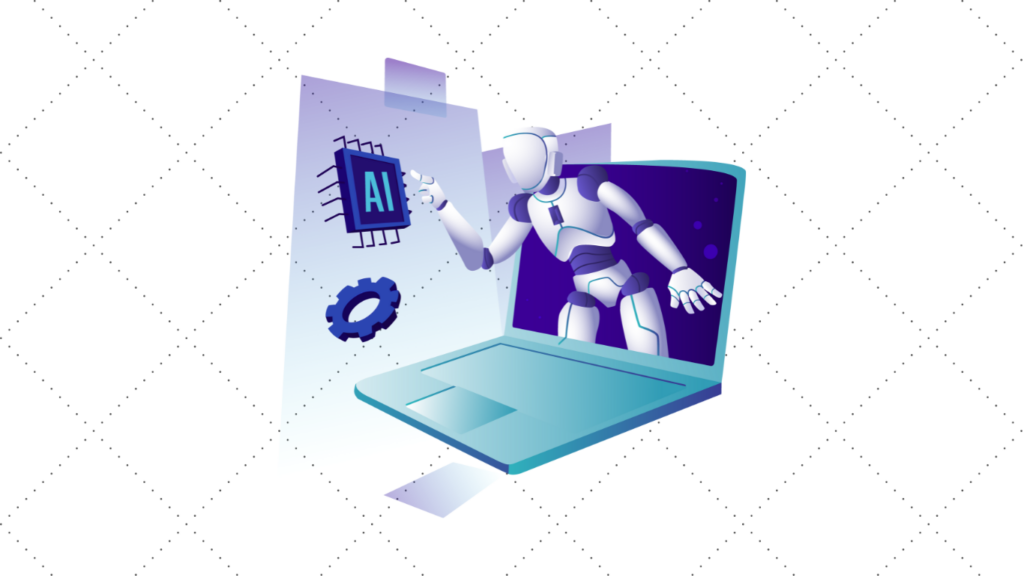Upwork Inc. (Nasdaq: UPWK), just released a new study from The Upwork Research Institute revealing that AI is increasing the workloads of full-time employees, hampering productivity, and contributing to employee burnout.

While business leaders are investing heavily in AI, the study shows that most organizations are currently failing to unlock the full productivity value of the technology. Despite 96% of C-suite leaders expressing high expectations that AI will enhance productivity, 77% of employees using AI say these tools have added to their workload, and nearly half (47%) of employees using AI report they do not know how to achieve the expected productivity gains.
“Our research shows that introducing new technologies into outdated work models and systems is failing to unlock the full expected productivity value of AI,” said Kelly Monahan, managing director of The Upwork Research Institute. “While it’s certainly possible for AI to simultaneously boost productivity and improve employee well-being, this outcome will require a fundamental shift in how we organize talent and work.”
Key findings from the report include:
- Workers are feeling the strain from rising productivity demands, with 1 in 3 full-time employees saying they will likely quit their jobs in the next six months: 81% of global C-suite leaders acknowledge they have increased demands on their workers in the past year. Consequently, 71% of full-time employees are burned out, and 65% report struggling with their employer’s demands on their productivity. Alarmingly, 1 in 3 employees say they will likely quit their jobs in the next six months due to burnout or being overworked.
- C-suite leaders have high hopes that AI will help boost productivity, but employees are experiencing the opposite, with AI making their jobs harder: 96% of C-suite leaders expect the use of AI tools to increase their company’s overall productivity levels. Already, 85% of companies are using AI, including 39% mandating the use of AI tools and 46% encouraging their use. However, 77% of employees report that these tools have added to their workload. Employees report spending more time reviewing or moderating AI-generated content (39%), investing more time learning how to use these tools (23%), and being asked to do more work as a direct result of AI (21%).
- For many workers, the path to achieving the productivity gains that employers expect is not clear: Nearly half (47%) of employees using AI say they have no idea how to achieve the productivity gains their employers expect, and 40% feel their company is asking too much of them when it comes to AI.
- Freelancers unlock productivity with AI, outpacing full-time employees: Nearly half (48%) of freelancers say they’re “somewhat” or “highly” skilled at using AI, and over a third (34%) use AI tools at least 1-2 days per week. Additionally, more than half (56%) of freelancers say they do not experience struggles keeping pace with productivity demands of clients, as compared to just 35% of their full-time employee counterparts.
- Many C-suite leaders have doubled organizational agility as well as well-being and engagement among full-time employees as a result of bringing in freelance talent: C-suite leaders leveraging freelancers say they have at least doubled the following outcomes for their business: organizational agility (45%), quality of work being produced (40%), innovation (39%), scalability (39%), revenue and bottom line (36%), and efficiency (34%). More than a third (35%) report also doubling the level of well-being and engagement among their full-time employees as a result of bringing in freelance talent. Nearly half (48%) of C-suite executives even report hiring freelancers to execute delayed AI projects over the past year.
“In order to reap the full productivity value of AI, leaders need to create an AI-enhanced work model,” Monahan continued. “This includes leveraging alternative talent pools that are AI-ready, co-creating measures of productivity with their workforces, and developing a deep understanding of and proficiency in implementing a skills-based approach to hiring and talent development. Only then will leaders be able to avoid the risk of losing critical workers and advance their innovation agenda.”
For full study findings and insights, visit: https://www.upwork.com/research/ai-enhanced-work-models.
